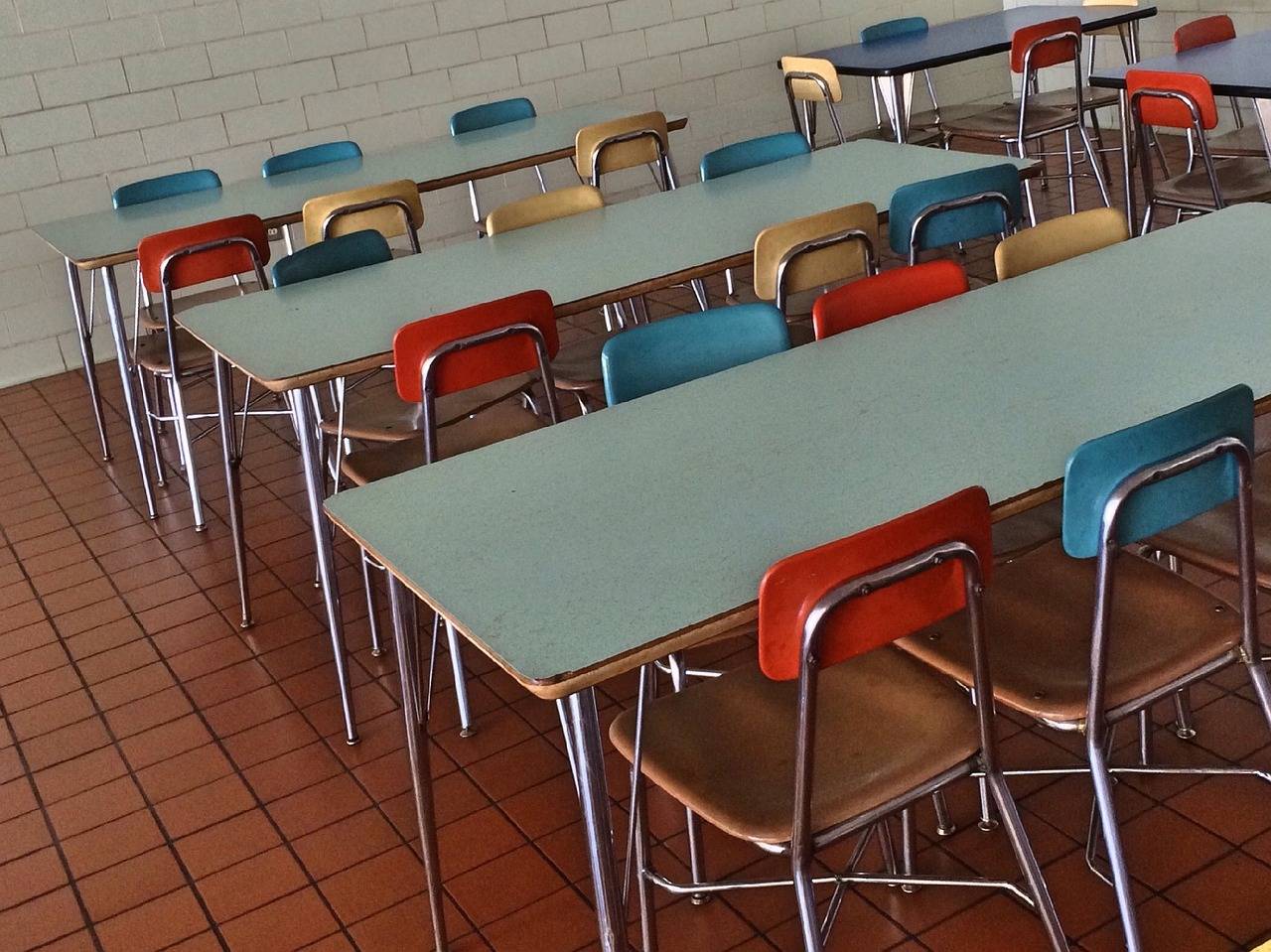Exploring Alternative Assessment Methods Beyond Standardized Testing
Alternative assessment methods offer educators a more comprehensive way to evaluate students beyond traditional standardized testing. By incorporating diverse techniques such as portfolios, projects, presentations, and self-assessments, teachers can gain a deeper understanding of a student’s true capabilities and progress. These methods provide a more holistic view of a student’s strengths, weaknesses, creativity, critical thinking skills, and overall understanding of the subject matter.
Unlike standardized tests that may only measure a student’s ability to memorize information or perform well under pressure, alternative assessment methods allow for a more personalized and authentic assessment of student learning. Students are given the opportunity to showcase their knowledge in various ways, fostering a more engaging and meaningful learning experience. Additionally, these methods can help students develop important 21st-century skills such as collaboration, communication, problem-solving, and creativity, which are essential for success in the modern world.
Understanding the Limitations of Standardized Testing
Standardized testing has long been a fundamental tool utilized in educational systems worldwide to evaluate student performance. However, the limitations of standardized testing have become increasingly evident over time. One significant drawback is the focus on a narrow set of subjects and skills, which fails to capture the full spectrum of a student’s abilities and potential.
Moreover, standardized tests often place undue pressure on students, as their performance on a single test can have far-reaching implications for their academic and professional future. This pressure can lead to heightened anxiety and stress, which can negatively impact not only performance on the test but also overall well-being.
What are some limitations of standardized testing?
Some limitations of standardized testing include the inability to measure certain skills or abilities that are important for overall student success, the potential for cultural bias in the test questions, and the pressure it places on students and educators to perform well on a single assessment.
How can alternative assessment methods provide a more holistic approach to student evaluation?
Alternative assessment methods, such as project-based assessments, portfolios, and performance tasks, allow educators to evaluate a wider range of skills and abilities that may not be captured by standardized tests. These methods also provide students with opportunities to demonstrate their understanding in more authentic ways.
Why is it important to understand the limitations of standardized testing?
Understanding the limitations of standardized testing is important because it allows educators to make informed decisions about the use of these assessments in their classrooms. It also helps to highlight the need for a more comprehensive approach to student evaluation that takes into account the diverse skills and abilities of all learners.





